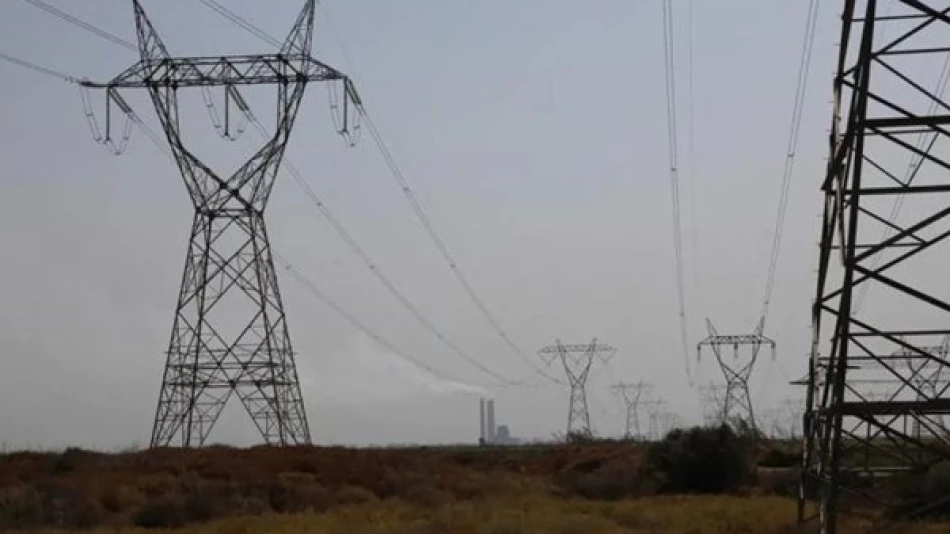
Iraq Restores Electricity After Widespread Outages
Iraq Restores National Power Grid After Widespread Blackouts Hit Central and Southern Regions
Iraq has successfully restored electricity across the entire country following major power outages that plunged central and southern regions into darkness on Monday, according to the Prime Minister's electricity advisor. The swift resolution highlights both the fragility and resilience of Iraq's struggling power infrastructure as the nation continues rebuilding efforts two decades after the 2003 invasion.
Rapid Recovery Signals Infrastructure Progress
Adel Karim, advisor to Iraqi Prime Minister on electricity affairs, announced Tuesday that power has been fully restored nationwide after Monday's widespread blackouts affected millions of Iraqis in the country's most populated regions.
"Electricity has returned to normal across all of Iraq, and we have controlled and addressed the malfunction in record time. The electrical system is currently stable," Karim stated, emphasizing the technical teams' quick response to the crisis.
A Familiar Challenge for Iraq's Power Sector
The blackout underscores the ongoing vulnerabilities in Iraq's electrical grid, which has struggled with capacity shortages, aging infrastructure, and maintenance challenges for years. Despite sitting on some of the world's largest oil reserves, Iraq continues to import electricity from neighboring Iran to meet domestic demand, highlighting the complex relationship between energy resources and reliable power delivery.
Regional Context and Energy Dependencies
Iraq's power challenges stand in stark contrast to regional neighbors like the UAE and Saudi Arabia, which have invested heavily in grid modernization and renewable energy diversification. The country's reliance on Iranian electricity imports—often complicated by international sanctions and regional tensions—creates additional layers of vulnerability for its power system.
Economic and Social Implications
Power outages in Iraq carry significant economic consequences, disrupting businesses, manufacturing, and essential services in a country still working to rebuild its economy. The rapid restoration demonstrated in this instance suggests improvements in emergency response capabilities, though the underlying infrastructure challenges remain.
For ordinary Iraqis, reliable electricity remains a daily concern affecting everything from healthcare services to small businesses. The government's ability to quickly resolve major outages like Monday's blackout serves as a critical test of public confidence in state institutions and reconstruction efforts.
Looking Forward: Infrastructure Investment Priorities
The incident reinforces the urgent need for comprehensive electrical grid upgrades and diversification of power sources. Iraq's long-term energy security will likely depend on balancing immediate repair needs with strategic investments in grid resilience and renewable energy capacity to reduce dependence on volatile regional power imports.
Most Viewed News

 Layla Al Mansoori
Layla Al Mansoori






